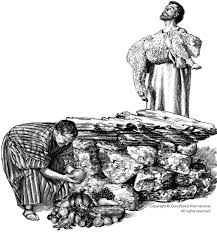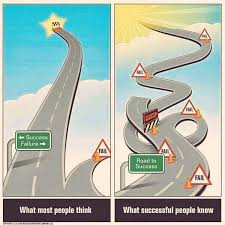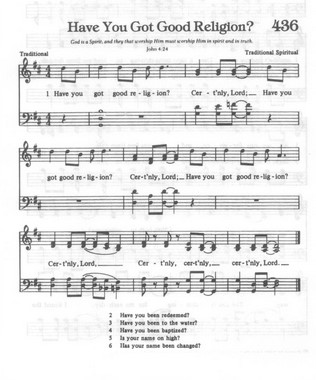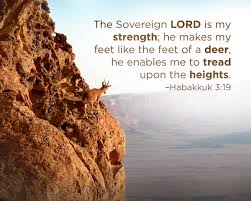It’s all in the instructions
I am notorious for ordering items online. When the box arrives, I’m excited to see my item in the perfect spot I’ve chosen for it. However, when I open the box, all I see are parts and pieces in plastic bags with the INSTRUCTIONS on how to put it together. Thank the Lord, I have such a kind and knowledgeable husband who is good with instructions.
Today we explore a set of instructions God gave Israel following His presentation of the Ten Commandments (Exod. 20:24).
An altar of earth you shall make for Me, and you shall sacrifice on it your burnt offerings and your peace offerings, your sheep and your oxen. In every place where I record My name I will come to you, and I will bless you.
God’s “thunderous” manifestation of his presence impressed upon Israel that He was the “Living God” and not some impotent idol they had worshipped in Egypt (Exod. 20:18-20). God was the Creator and not the molded creations of man’s idolatrous mind. God was moving closer to His people. He would come to them and bless them.
Why an altar of earth?
An altar of earth, a simple structure, or of stone (unhewn), was to be constructed. God wanted them to build a plain altar of stone with no engraving. I’m sure many of the Israelites had seen the engraving of the statues and monuments in Egypt. They may have even been engravers themselves. But God required a higher yet simpler standard that would recognize who He was. The moment a tool was put to the stone, it would be considered “polluted”.
It should be noted that the primary purpose of the altar was for worship. That worship was to include specific offerings—a burnt and a peace offering. There was no mention of presenting a sin and trespass offerings which were given to Israel later.
The peace offering revealed man’s need for sacrifice that would reconcile him to God. Jesus Christ accomplished that by His blood on the Cross. The burnt offering speaks of God’s worthiness and ability to save. Christ was the perfect sacrifice and the only one able to satisfy the righteous requirements of God (2 Cor. 5:18)
Where’s my altar?
Everywhere Israel journeyed, they made an altar of earth. The altar was to be placed in those places where “God recorded His name.” One commentary states it this way: “cause My name to be remembered”.
God would reward Israel’s offerings in those places where God was worshipped in sincerity.
Afterwards, God chose one particular place (Jerusalem) to record his name. But now that has been taken away under the gospel, when men are encouraged to pray every where. This promise revives in its full extent, that, wherever God’s people meet in his name to worship him, he will be in the midst of them, he will honour them with his presence, and reward them with the gifts of his grace; there he will come unto them, and will bless them. More than this we need not desire for the beautifying of our solemn assemblies.[1]
This portion of the Exodus text caught my attention. I then began to ask myself the following questions.
Where are my “altars of earth” to the Lord?
Where are the places in my life where God has caused me to “remember His name”?
Am I watchful and recognize when I am “out of fellowship”with Him?
Am I presenting offerings that worship God?
Do I bless God for all His benefits? His presence, power, provision, and protection?
Altars and offerings are no longer needed to be in right relationship with God. Jesus’ death and resurrection eliminated that requirement. However, it is important that we Christians spiritually create our personal altars to worship God in recognition of His love and gift of life through Jesus Christ.
I close with the following scripture texts in the hope that they will “cause His name to be remembered” by each of us.
I beseech you therefore, brethren, by the mercies of God, that you present your bodies a living sacrifice, holy, acceptable to God, which is your reasonable service.(Rom. 12:1)
Therefore by Him let us continually offer the sacrifice of praise to God, that is, the fruit of our lips, giving thanks to His name. (Heb.13:15)
Give to the LORD the glory due his name; Bring an offering, and come before him. Oh, worship the LORD in the beauty of holiness! (1 Chron. 16:29)










